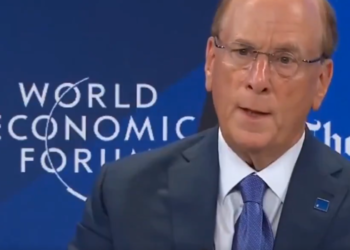Wealth “gatekeepers” have become less enthusiastic about direct lending than their institutional peers and now favour securitised products and asset-backed finance for income, according to the latest Schroders Global Investor Insights Survey 2025.
Michelle Russell-Dowe, co-head, private debt and credit alternatives at Schroders Capital, said that exposure to private debt and credit alternatives was the preferred option for those seeking income generation.
Read more: Schroders Capital raises €2bn for sub-IG infrastructure debt strategy
The survey found that 45 per cent of institutional investors and 43 per cent of gatekeepers are turning to these asset classes to provide income in their portfolios in the next 12 months.
In particular, infrastructure debt (63 per cent) and securitised credit (60 per cent) are “emerging as favoured opportunities in the current market” among those seeking risk-adjusted income, as direct lending “reaches saturation”, she said.
Russell-Dowe pointed to waning enthusiasm for direct lending among wealth gatekeepers (56 per cent) versus their institutional peers (73 per cent), although she added that the asset class is still perceived as a “valuable allocation option”.
She attributed the shift among gatekeepers to securitised products and asset-backed finance (64 per cent) and infrastructure debt (60 per cent) to these strategies’ potential to provide a stable income stream and capture risk premiums related to market inefficiencies.
As a result, “asset-backed and securitised finance strategies are central to managing volatility and capturing durable yield”, she noted.
Read more: Private debt investors eye asset-backed lending over the next year
“In an environment defined by uncertainty, inefficiency and volatile risk premiums, the ability to select well-collateralised debt, backed by strong borrowers and robust security packages, is a significant advantage of private debt and alternative credit markets,” said Russell-Dowe.
“The ability to access diversifying and flexible income through the wide universe of securitised and asset-backed finance, defensive income through real asset debt, and uncorrelated income through insurance-linked securities, provides a valuable extension of the fixed income toolkit for investors.”
In the survey foreword, Johanna Kyrklund, group chief investment officer, observed a “reshaping” of income strategies, with investors “broadening their toolkit” by blending government bond exposures with private debt and credit alternatives.
Read more: Schroders Capital appoints global head of infrastructure














